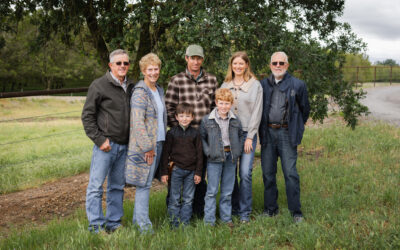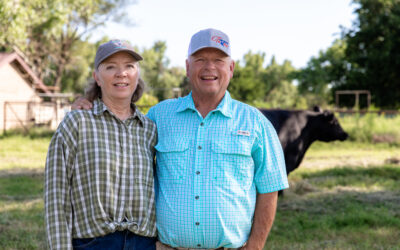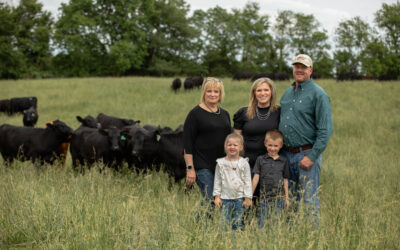
Following the calves: A success story in the making
Her father-in-law and her husband’s uncle, who started the commercial Angus herd, still give her a hard time about it, but even that generation can’t deny the attitude adjustment since Virginia and her cousin-in-law Rachael have taken over the day-to-day operations on the ranch.
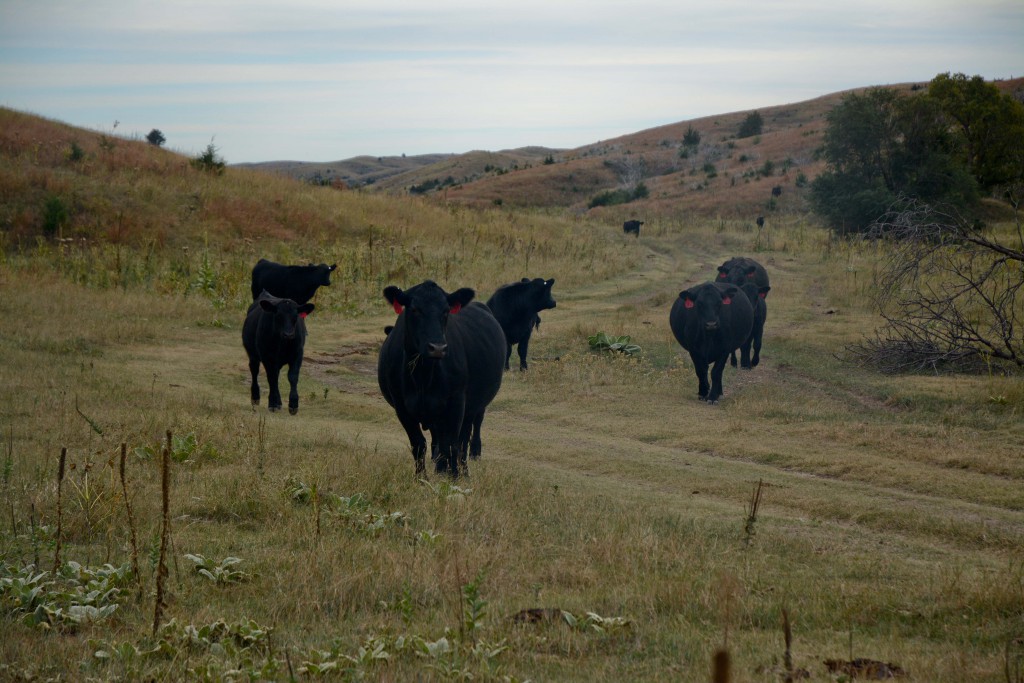
“Now we can just get them in with a sack of cake,” Rachael says.
That’s been possible with both genetics and management working together.
“They need to have a docile temperament, otherwise we’re not going to be able to handle them by ourselves,” Rachael says, recalling one set of bulls they’d considered. They walked in the pen and the bulls threw their heads up high. “Virg and I looked at each other and turned around and walked out.”
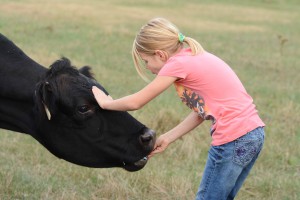
“Life’s too short…we’ve got too many other things going on for somebody to get hurt,” Virginia says.
They’ve also made facilities upgrades—including a hydraulic squeeze chute and portable corral—and the handling has improved in tandem. “You can work cattle without having to use a hot shot,” Brandon says.
Tuesday was weaning day on the ranch. The heifers moved to pen space at Rachael’s parents, where they’ll grow for a few more months before the family will pick replacements.
Weekend rain left the pastures muddy, but with the help of family and friends trailering the cattle over to Will Feed at Cozad, Neb., the steer calves arrived by early afternoon.
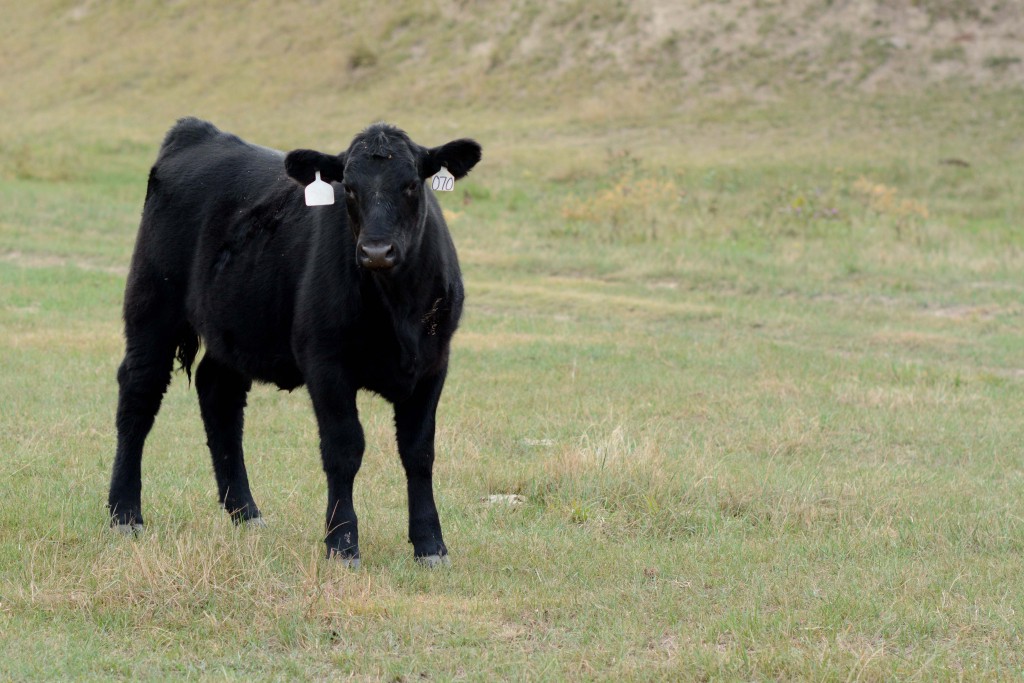
“I view them as one of my biggest success stories,” the feeder says. Since she first bought the calves in 2012, the women have worked together with their local veterinarian to improve health, starting with cowherd nutrition, and that’s had an impact on the calves.
Upon arrival, the calves got their booster shot and an additional nasal vaccination, and were dewormed. They won’t get an implant for 30 days.
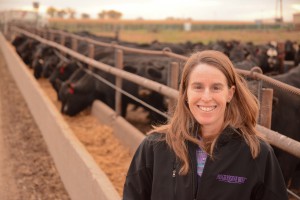
“I do that to preserve quality grade,” Anne says. When cattle are weaned into the yard, the program is pretty standard: “lots of prairie hay top-dressed with a calf ration.”
Gradually that hay will decrease as the ration increases. “We move them up pretty slowly,” she says.
It’s been a busy week at the ranch, an exhausting week at the feedyard. But it’s an exciting point in the journey. The “team” will get to see how another year’s worth of time and monetary investments paid off.
Even though they no longer own the calves, it’s apparent that the Evert family cares as much as ever.
“The cow-calf guys can’t think, ‘It’s not my calf anymore,’” Brandon says. “If the feedlot is not making any money, they won’t come back. It’s all intertwined.”
May your bottom line be filled with Black Ink,
Miranda
Catch the Evert family’s whole story with these posts:
- Everything Evert
- A success story in the making
- The herd-changer
- Decisions, decisions
- Relishing the routine
Our “Following the calves” series also takes you to Arizona and Florida in these posts:
- Following the calves
- A Florida weaning
- Florida calves backgrounded
- High quality from the high desert
- 86% CAB and Prime: “still OK”
- Gearing up for spring in AZ
- Florida cattle head for harvest
You may also like
Legacy in the Golden Land
On a quiet stretch of Northern California rangeland, a different story unfolds. The Borror family’s legacy modestly speaks through the cattle they raise, the ground they steward. The generations who’ve made a life here demonstrate commitment to doing things right, even when no one is watching.
Helping Hands, Helping Herds
“When I die, I want to come back as one of your cows,” murmurs a friend to Steve Zybach. Full to the brim from an alfalfa ration every day, bountiful fields of lovegrass stretched out across the Texas Panhandle—and owners who leave no ounce of cattle care up for question. The Zybachs’ motivation for this level of dedication to their Angus cattle is simply love.
An Ambassador for All
Joanie, with daughter Lindsey and her husband, Adam Hall, raise registered Angus cattle with two primary goals: producing high-quality seedstock that perform well in a wide variety of environments and ensuring end-user satisfaction. Those goals tie everything together, from promoting Angus to other producers to sharing their story with CAB partners and beef consumers.

